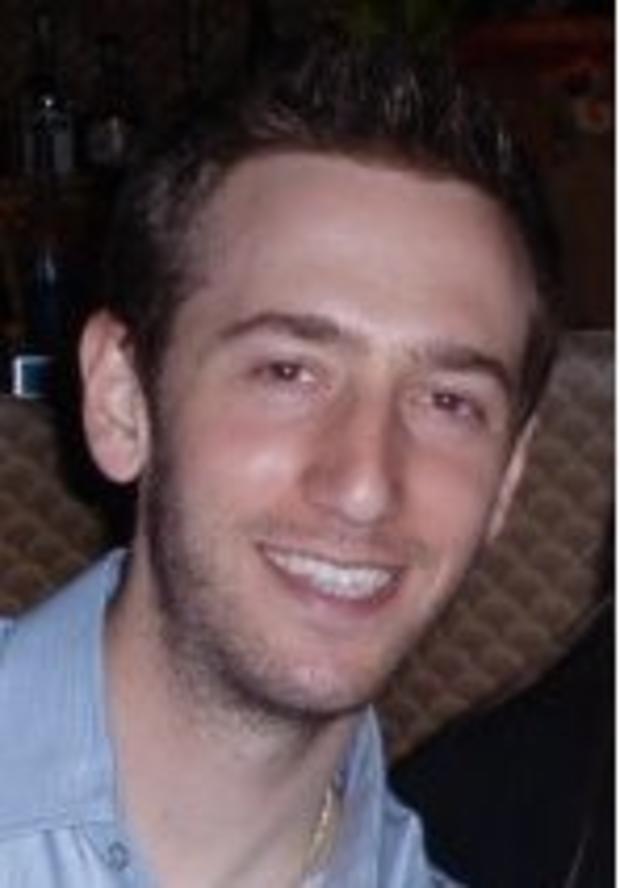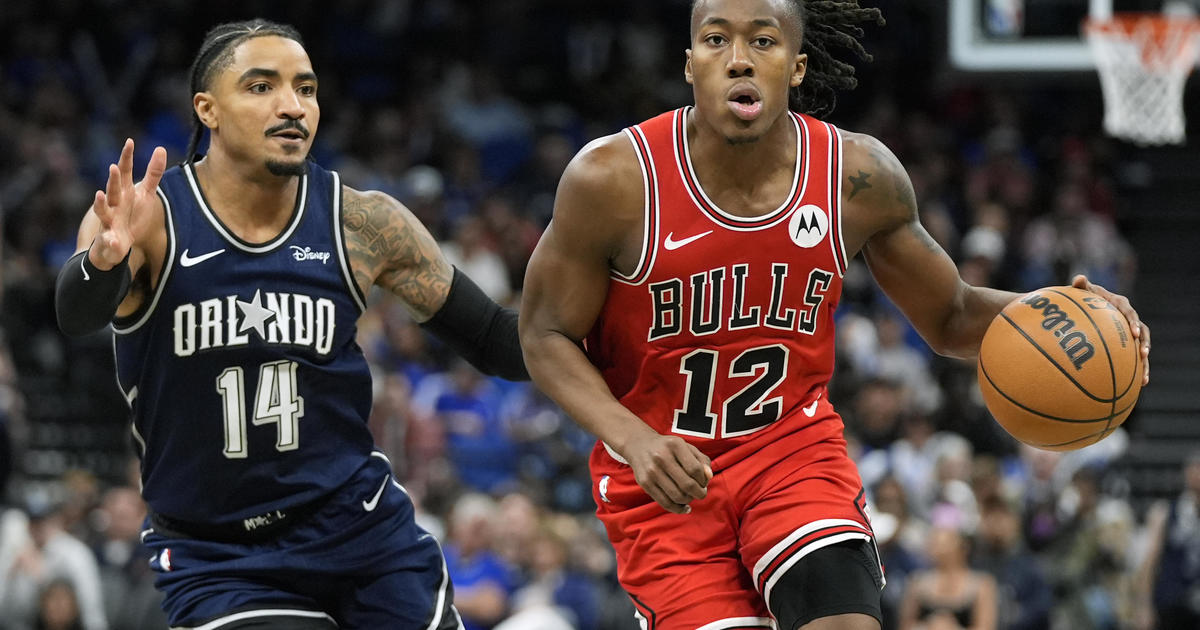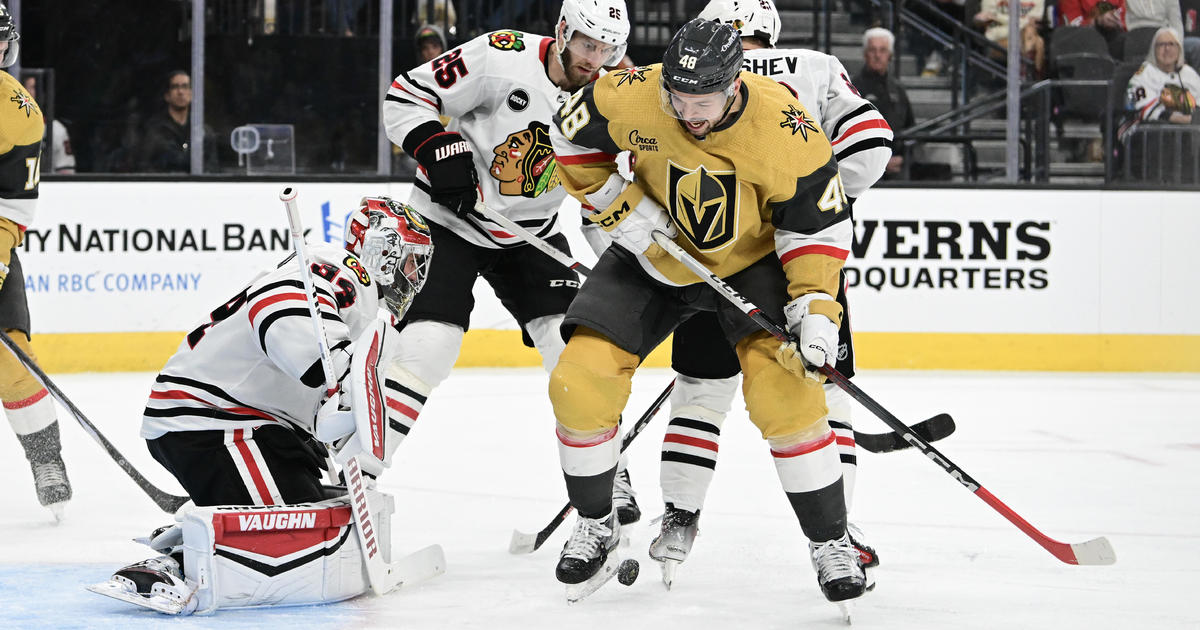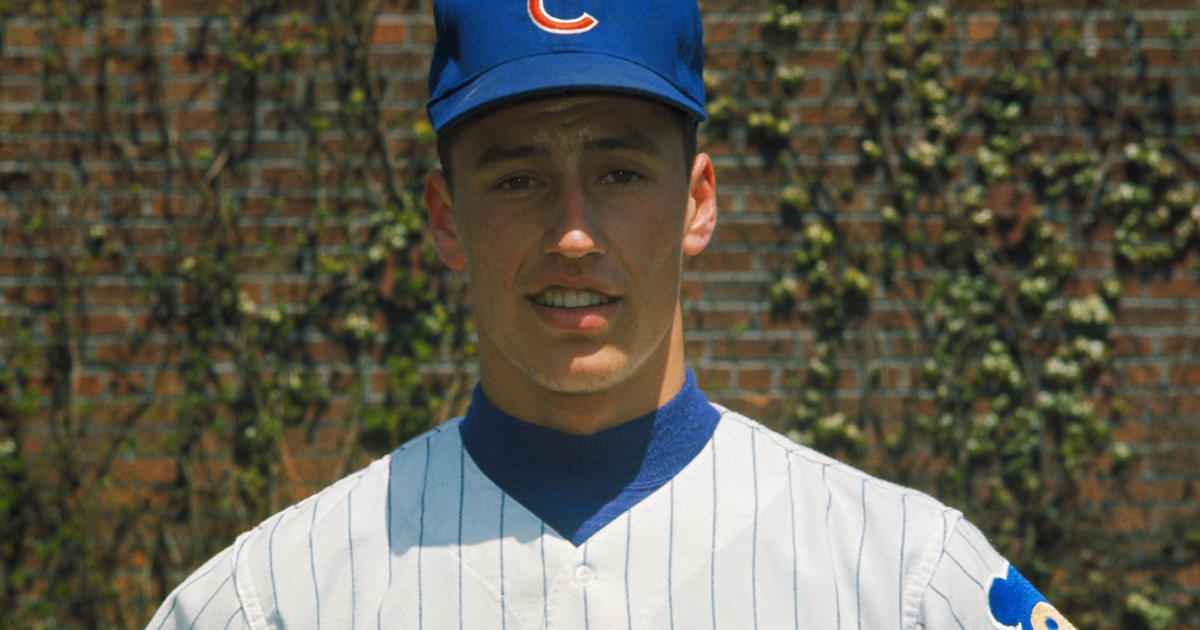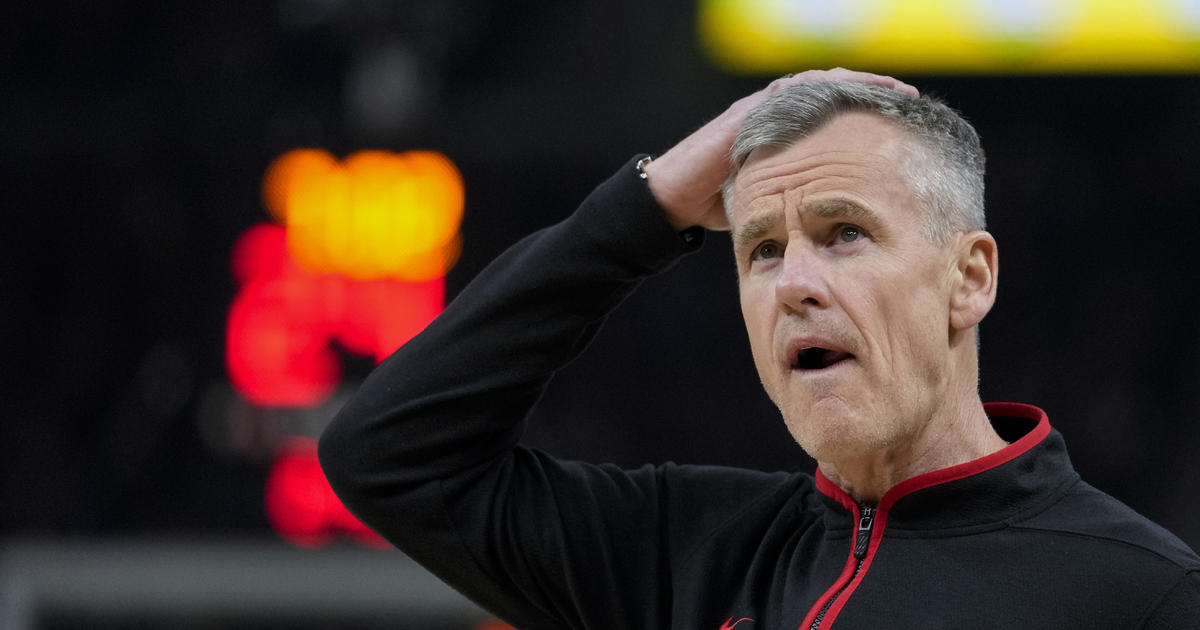Thompson: The Underlying Meaning Of The 'Melo Trade
By Brad Thompson--
The three-ring circus surrounding Carmelo Anthony is over. Let the speculation about how Anthony will fit in with the Knicks and who lost in the trade begin. At least the deal is done. Anthony will be a Knick for the remainder of this season and for the next three. I'm fine with hearing predictions about how well he'll fit into Coach D'Antoni's offensive system or if the Knicks gave up too much to get him.
My problem with this whole saga? Carmelo got his cake and gets to eat it too. In the summer he said he wouldn't sign an extension with the Nuggets. Then he said he'd like to play in New York. What he really meant was…trade me to the Knicks and no one else. This became apparent when the Nets tried to trade for Anthony. The Nuggets brass actually preferred the Nets' offer, but weren't able to complete the deal because Anthony wouldn't commit to signing a contract extension with the Nets.
My concern with all this isn't with Anthony as a basketball player or with the Knicks, who might actually have a relevant team for the first time since the days of Patrick Ewing, John Starks, Anthony Mason and Charles Oakley. I wonder how this will impact the NBA and future free agents.
What LeBron, Wade and Bosh started in Miami may have been the catalyst for a superstar togetherness movement in the NBA. The top talent seems to want to play together in major markets. The fact that big name hoopsters such as Dwight Howard, Chris Paul and Deron Williams, who all could be free agents in 2012, have suggested joining forces with other superstars could mean trouble for the league.
This can go one of two ways…
If megastars continue to group up, the largest markets will have the best teams, a list that includes some storied franchises – the Knicks, Lakers, Bulls and Celtics. Unfortunately, by having a concentration of the best players on only a few teams, it will end up alienating and diminishing medium and small-market teams, which make up the majority of franchises in the league. The NBA might look more like Major League Baseball, where the highest payroll teams generally have an advantage over smaller payroll clubs.
On the other hand, Anthony's deal might serve as a wake up call to owners. The majority of owners might recognize the power and leverage that Anthony had and decide to make changes so they don't end up in the same predicament Denver was in. They could restructure the NBA's collective bargaining agreement this offseason to include mechanisms like a "franchise tag" that would make it harder for teams to obtain superstars.
The expiring collective bargaining agreement was one reason why Anthony wanted to sign an extension this season. A new agreement might have limited his ability to receive the three-year $65 million extension he is signing with the Knicks.
What happens with the collective bargaining agreement this offseason could determine the state of the NBA for years to come. Will the NBA be led by a handful of big market teams loaded with superstar ballers? We'll have to wait and see...in the meantime we're left watching Anthony eat his cake at Madison Square Garden.
Do you agree with Brad? Post your comments below.
Brad M. Thompson, a former college football player and coach, made his return to the Midwest in 2009 after fighting wildfires out West. He earned his master's degree from the Medill School of Journalism at Northwestern University and covers the Big Ten Conference and Chicago sports. Follow him on Twitter at @Brad_M_Thompson. Find more of Brad's blogs here.
